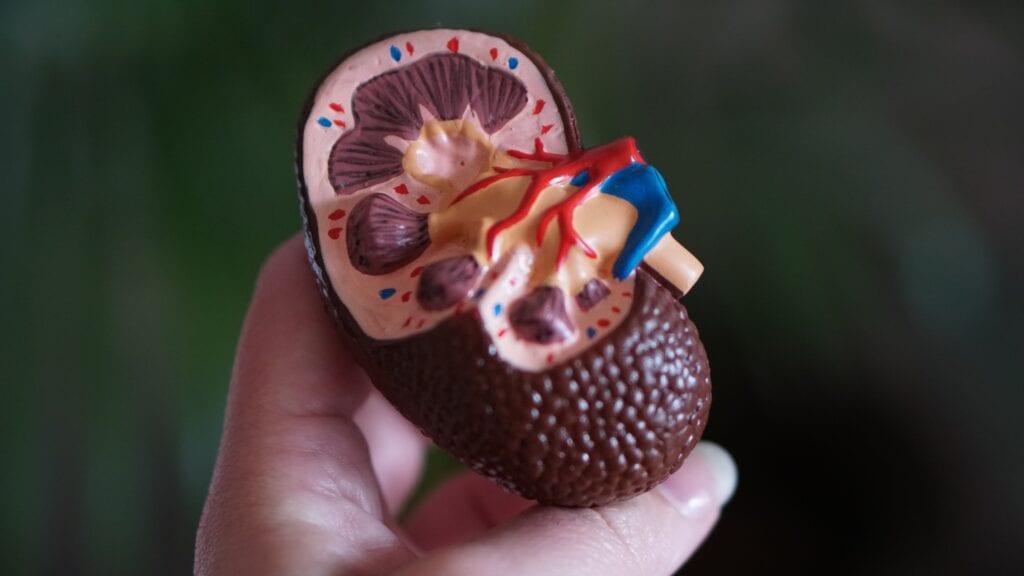February 28th is known as Rare Disease Day, designed to raise awareness of rare diseases, patients, caregivers, and their experiences. As this day approaches, the American Kidney Fund (AKF) shared that the organization would be running a new awareness and education campaign. The campaign is centered around primary hyperoxaluria (PH), a group of rare genetic kidney disorders which, if left untreated, can cause kidney failure and organ damage.
The American Kidney Fund (AKF)
The AKF is a 501(c)(3) nonprofit organization who seeks to improve the lives of patients with kidney disease. According to the AKF website, the organization’s mission is:
to fight kidney disease and help people live healthier lives. We achieve our mission by providing financial support to patients in need, and by delivering programs that educate, build awareness, and drive advocacy, resulting in greater public understanding and ultimately the prevention of kidney disease.
In this particular campaign, the AKF, in conjunction with Alnylam Pharmaceuticals and Oxalosis & Hyperoxaluria Foundation (OHF), will spread awareness on the three types (1, 2, and 3) of primary hyperoxaluria. Because PH1 is typically the most common and severe form, the campaign will most likely highlight this heavily.
Ultimately, the campaign is designed to:
- Raise awareness about PH
- Offer educational resources, such as this overview of PH, infographics, and discussion guides
- Provide resources and information to patients
- Build a conversation between patients, family members, and others
- Share the importance of genetic testing
Primary Hyperoxaluria Type 1 (PH1)
Primary hyperoxaluria (PH) consists of a group of rare genetic metabolic disorders which affect the kidneys. There are three main forms of PH: types 1, 2, and 3. PH1 accounts for an estimated 70-80% of all diagnoses. AGXT gene mutations cause PH1. Normally, AGXT tells the body to produce alanine-glyoxylate aminotransferase, a type of enzyme. When AGXT mutations occur, the body is unable to breakdown glyoxylate. As oxalate accumulates rather than gets excreted through urine, and then forms calcium oxalate, kidney and organ damage occurs. Typically, PH1 develops during childhood or adolescence. Symptoms include:
- Failure to thrive
- Kidney and bladder stones
- Bloody urine
- Painful urination
- Abdominal pain
- Fever and chills
- Repeated urinary tract infections (UTIs)
- Kidney damage
- Renal failure
- Anemia








